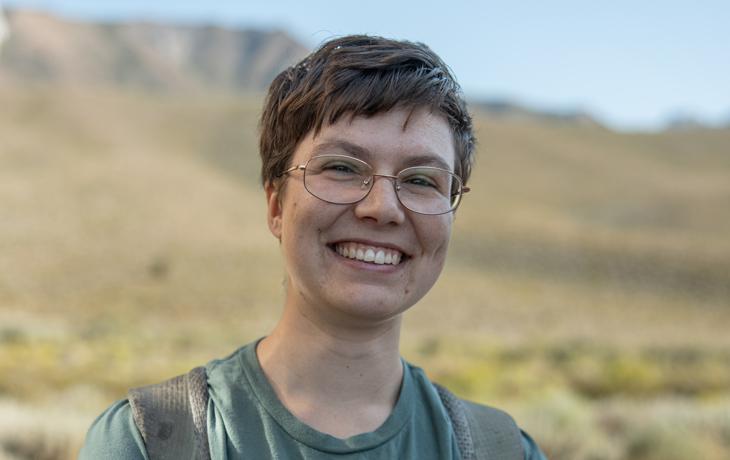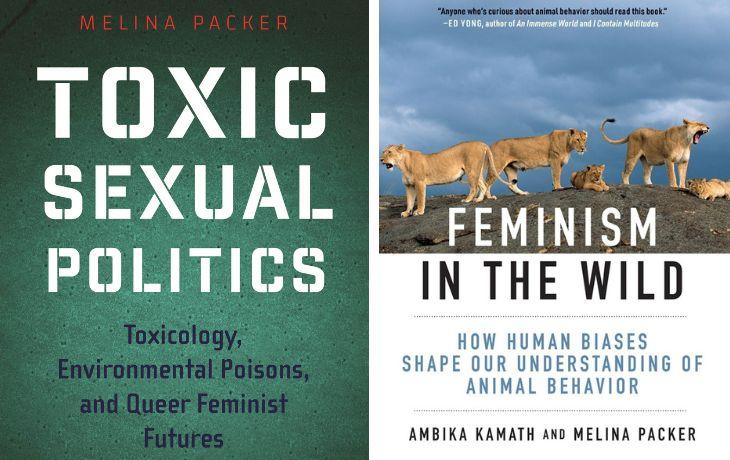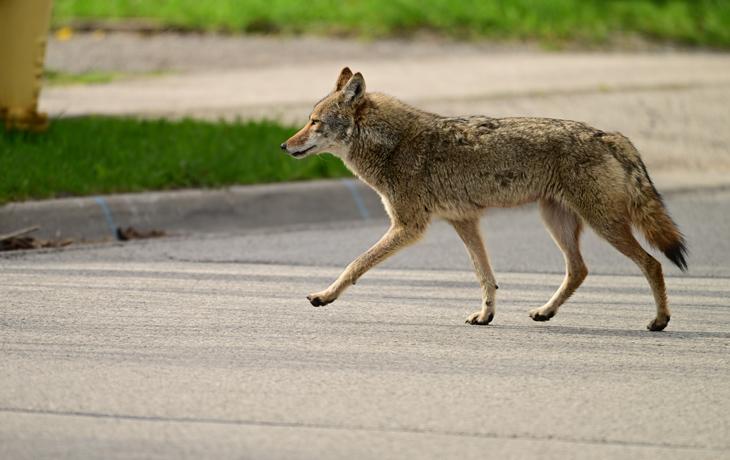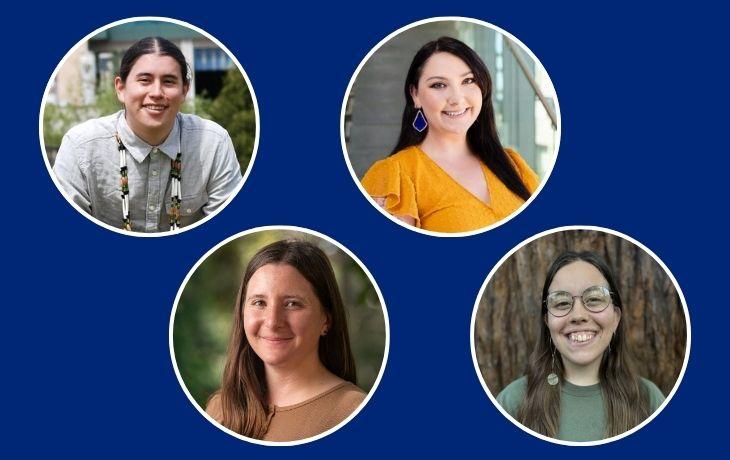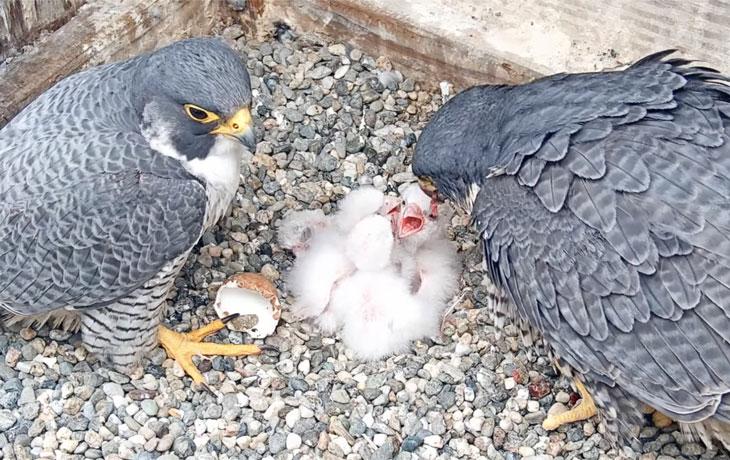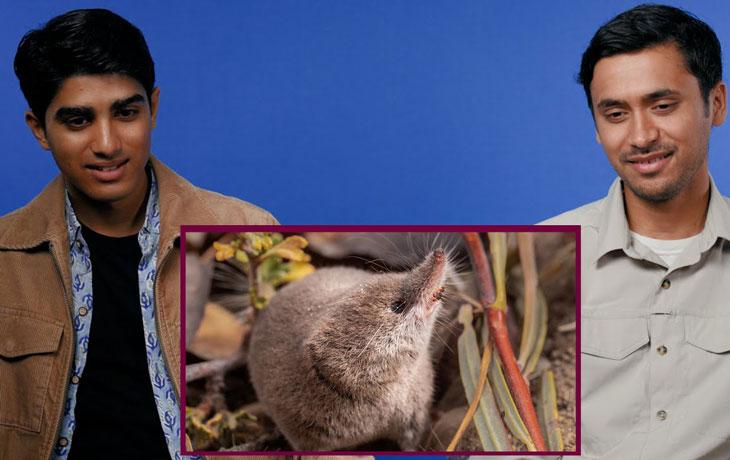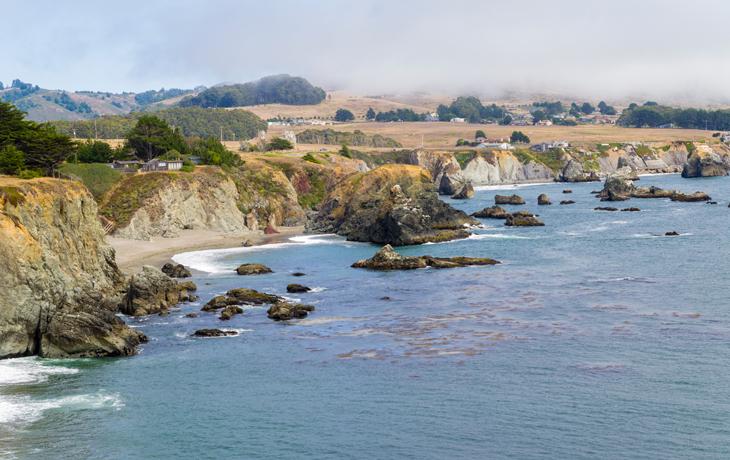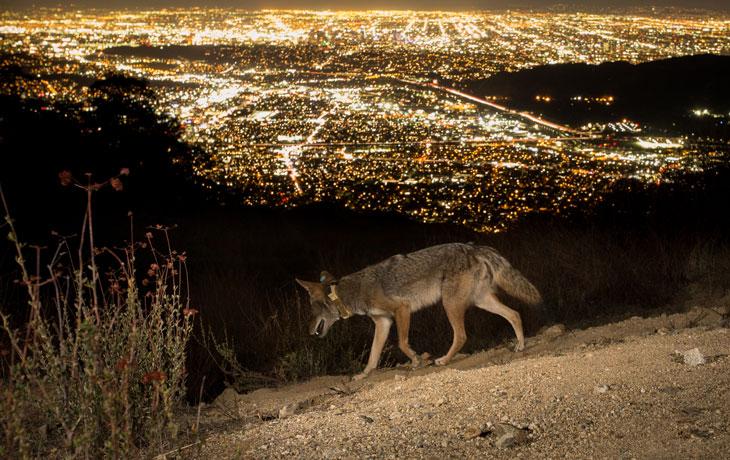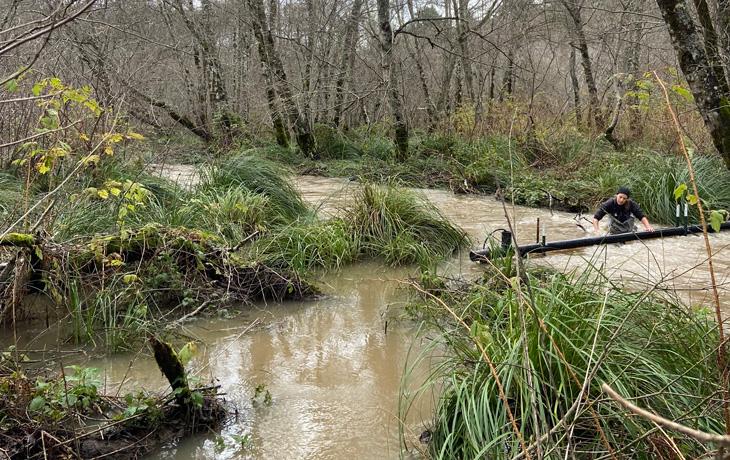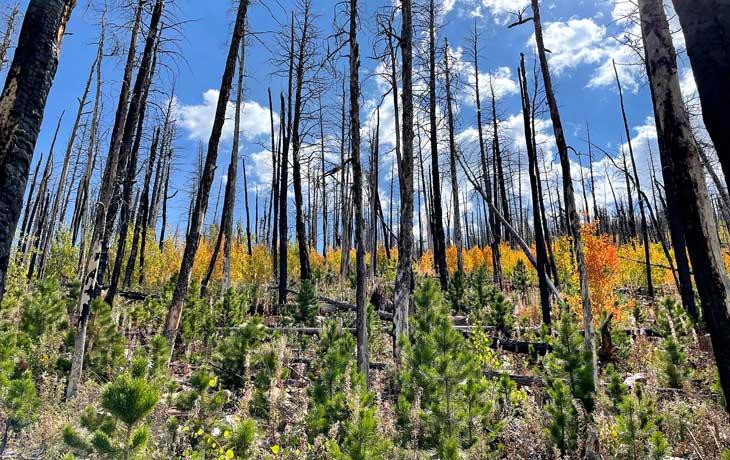Syskine, who researches how to improve the social-ecological resilience of California’s dryland forests under climate change, is one of three graduate students in the College to receive the competitive fellowships.
Youjin Chung honored with AAG book award
The ESPM and ERG assistant professor’s latest book, Sweet Deal, Bitter Landscape, was honored by the American Association for Geographers.
Electric trains are quieter, more reliable—and healthier—than diesel
A study co-authored by UC Berkeley professors Allen Goldstein and Joshua Apte, '13 Energy and Resources, found that electrifying the Caltrain commuter line reduced riders’ exposure to carcinogenic black carbon by an average of 89%.
Applications cycle open for new National Geographic Society Initiative on American Keystones
Researchers, conservation practitioners, Tribal leaders, and others leading conservation efforts focused on keystone species in the United States and territories are encouraged to apply by May 23rd.
Gradfest is May 7
Join us for a symposium event featuring research talks from graduating students from the Department of Environmental Science, Policy, and Management!
A single dry winter decimated CA's salmon and trout populations
A new study led by Professor Stephanie Carlson found that severely dry conditions during the winter of 2013-2014 helped wipe out the salmonid populations of individual tributaries and even entire watersheds.
New books from ESPM alum, former postdoc
Alum Melina Packer, PhD ’20, and former postdoctoral fellow Ambika Kamath offer a feminist reexamination of the fields of animal behavior and toxicology.
Understanding the coyote next door
Research by ESPM professor Christopher Schell and postdoctoral scholar Lauren Stanton could help improve human-wildlife interactions and inform new ways of thinking about urban environments.
Assessing climate policies of central banks
A new Nature Energy study led by Rausser College researchers reveals how central banks in 47 countries differ in their response to climate risks.
Mapping the return of Indigenous lands using data science
ESPM PhD candidate McKalee Steen became the first graduate student researcher at the Schmidt Center this January, contributing to their research on Indigenous data sovereignty.
Can “sustaining innovation” deliver sustainability?
Professor Dara O’Rourke explores Amazon’s decarbonization efforts in a new case study published in the California Management Review.
Advancing research on issues impacting Native American communities
Four ESPM graduate students received funding from the Joseph A. Myers Center small grant program to support their research.
Does ‘psychic numbing’ impact conservation fundraising?
A new study examines whether learning about one of UC Berkeley’s celebrity falcons motivates the public to support conservation efforts.
Water system consolidations improve water quality, infrastructure
Kristin Dobbin, a Cooperative Extension professor in ESPM, led the first-of-its-kind survey of water systems across California.
Watch: Documenting California’s most elusive mammal
Ecosystem Management and Forestry alum Vishal Subramanyan, '24, and collaborator Prakrit Jain spoke to Berkeley News about capturing photos and video of the Mount Lyell shrew.
Mapping ocean acidification along the Pacific coast
Rachel Carlson, an Assistant Professor in the Department of Environmental Science, Policy, and Management, spoke to NPR affiliate North State Public Radio about her career in marine science and research at the Bodega Marine Laboratory run by UC Davis.
How urbanization shapes coyote behavior and connectivity in Los Angeles
Wealth, pollution, and population density are strong predictors of how coyotes move around Los Angeles, according to a new study led by UC Berkeley researchers.
Diversity in Coho Salmon Could Be Key to Species Survival
Experts from UC Berkeley and California Sea Grant have uncovered a new link between species diversity and resilience in coho salmon.
Climate change outpaces forest change in the Western interior
A study co-authored by ESPM professor Miranda Redmond found that forests are not regenerating fast enough to keep pace with climate change, wildfire, insects, and disease
ESPM staff member contributes art to Parks Stewardship Forum
Kelly Redfearn Kinder’s digitally illustrated photograph graced the cover of the journal’s recent issue on Indigenous co-stewardship of public lands.


